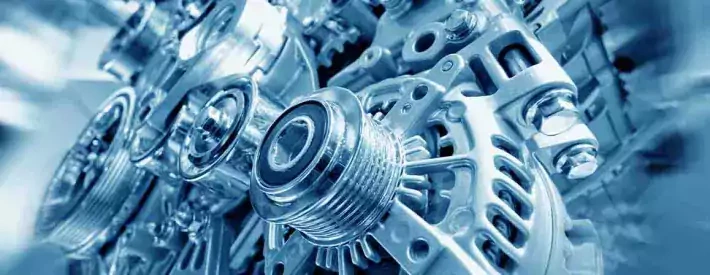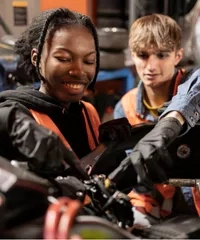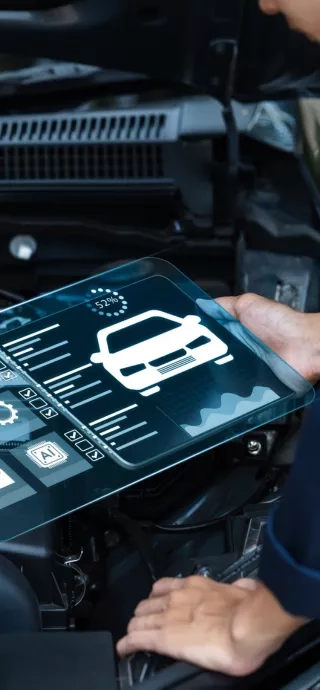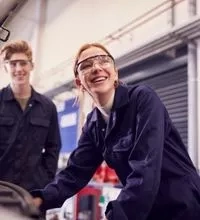Crossing boundaries

MotorPro sits down with FISITA Chief Executive and IMI member Chris Mason to discuss diversity in the automotive industry, and how approaches in the engineering sector filter down to all of us
Established in 1950, FISITA is the international network for automotive engineers encompassing over 200,000 engineers in 35 countries. The organisation provides a global platform to exchange knowledge between industry, societies and academia, helping to guide the future direction of the automotive industry.
And while some may not see the link between IMI and FISITA members, it’s definitely there, as Chris Mason the organisation’s Chief Executive and IMI member explains.
MotorPro: It can sometimes feel as if there isn’t a link between the engineering community and the wider automotive industry but there’s a strong relationship between them isn’t there?
It's pretty clear that all the major car companies see their future as being the providers and deliverers of mobility systems and mobility services. It's a shift away from manufacturing automobiles and a move into the retail chain.
I sit with my members who are driving this change and I think we can support the member communities, whether that's the IMI or whether that's the equivalent in China or America, or wherever, to understand the challenges and opportunities of this transition to mobility.
And it’s the ones that can change subtly from now going forward and who align with the technological advancement who will be the winners of tomorrow. And I think that's the important thing.
If you were speaking to other IMI members as the head of FISITA what industry trends do you think they most need to be aware of and ready for?
Look at what any of the leaders of the car companies are saying, and they're all saying the same thing: We are not the company that we were for the last hundred years and we're not planning to be that company for the next hundred years.
Look at the agenda. It starts with zero crashes, zero emissions and zero congestion. That leads us to safety, environment and the future of mobility, from there to a connected agenda. Because the future of mobility is about autonomous, it's about intelligent, connected everything all of the time.
To take that conversation to the leader of a retail network, a General Manager of a dealership or the owner of an independent garage the challenge is keeping up with the advancement of technology, because it's mind blowing.
If you can get your mind set into that, then the opportunities follow, in terms of the corporate evaluation.
Is it all simply about knowing what technologies are coming down the line or does it go deeper than that?
It’s from a safety perspective as well. If you think about the batteries in these vehicles now, fire services and first responders need to be aware of what happens in an accident, but so do break-down and recovery services. If they don't, it could be really, really dangerous.
There is a heavy focus on battery electric vehicles at the moment but what discussions are taking place between FISITA members about other forms power storage and generation?
Everything's on the table. You'll see a lot of talk about hydrogen, and I love the debate because it just divides opinion.
But you have to align with the agenda of the industry around you and of course, battery technology is the first phase of alternative propulsion away from combustion so it's the key technology at the moment.
But there are challenges around battery technology. One of our new working groups is focused on carbon neutral and mobility, the priorities within that is to consider the whole life impact of battery technology. It isn’t just well to wheel anymore, it's a whole bunch of stuff from sourcing in the first place, to its manufacture, to its initial end of life in a vehicle, to then it's second and third life. And then what happens downstream from that.
There are a lot of these big consideration subjects that all of the members are dealing with.




